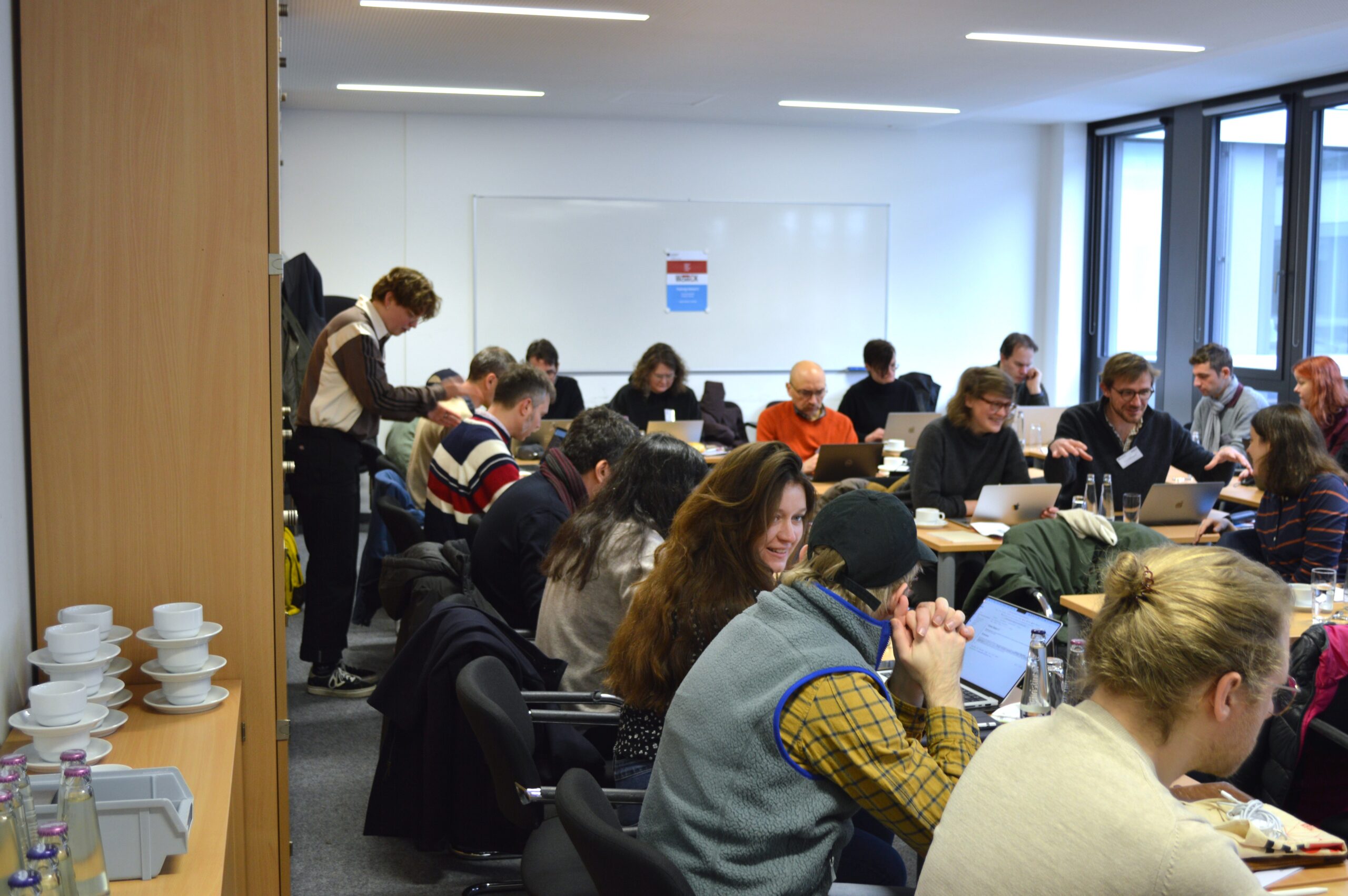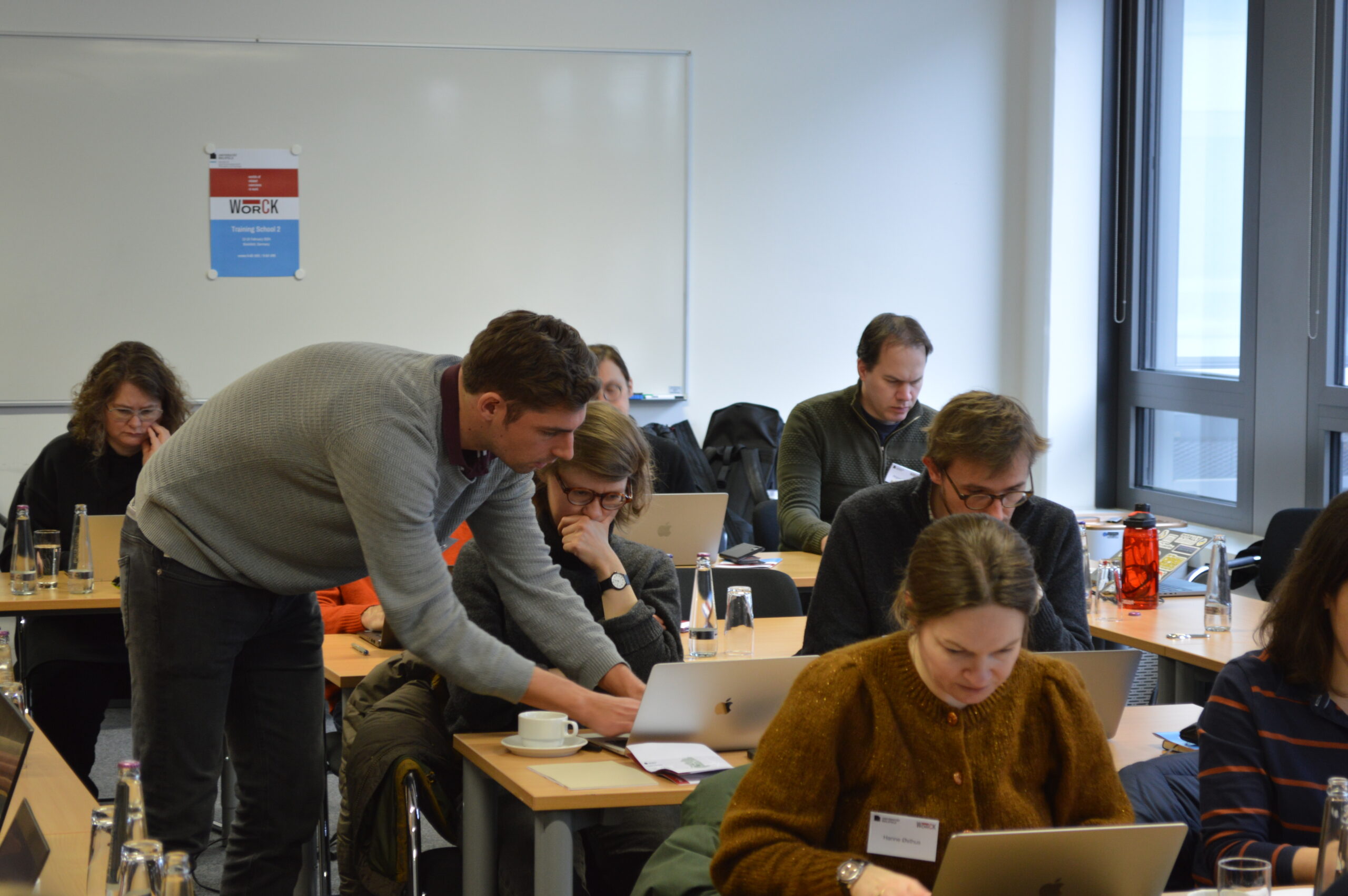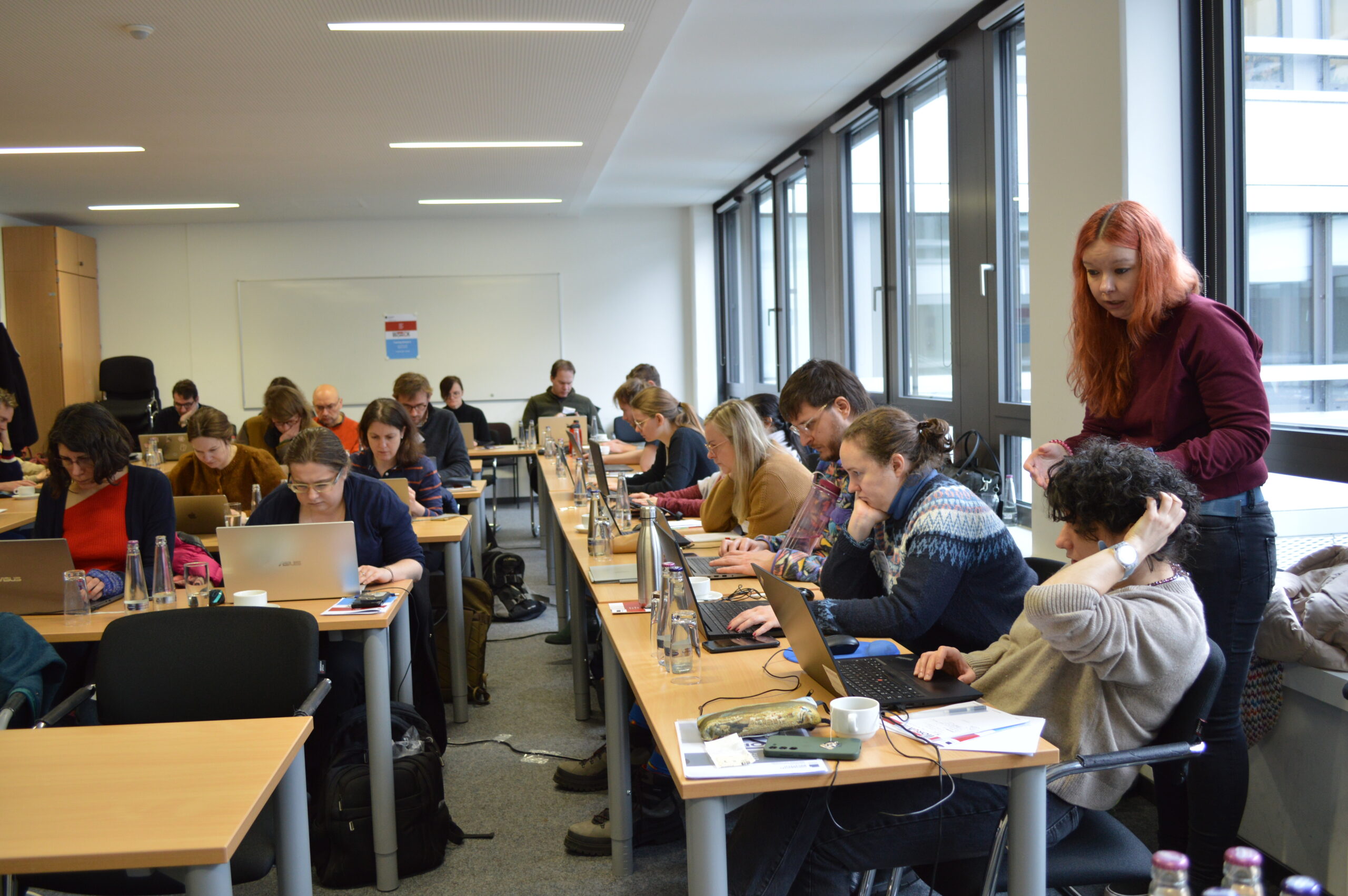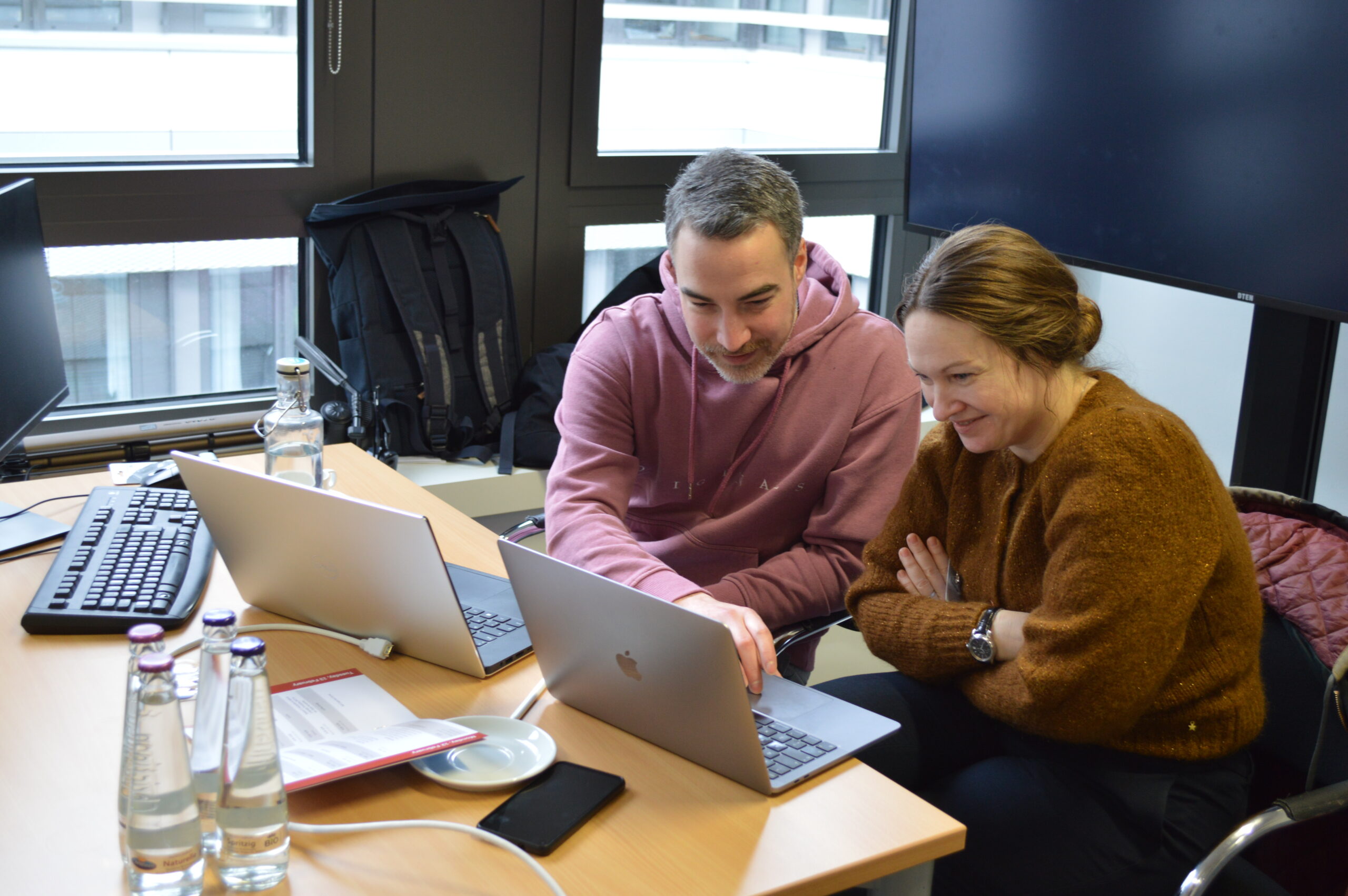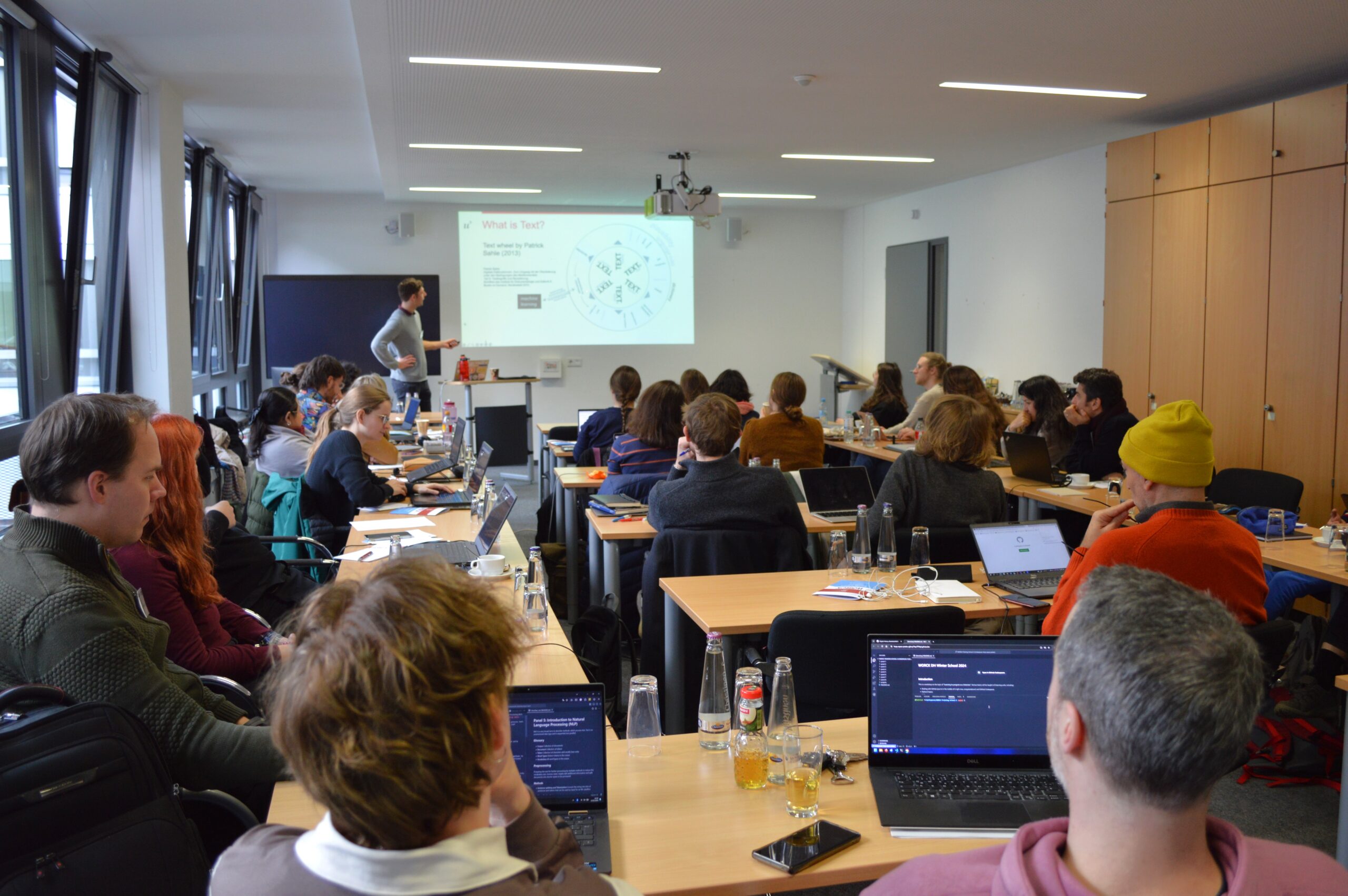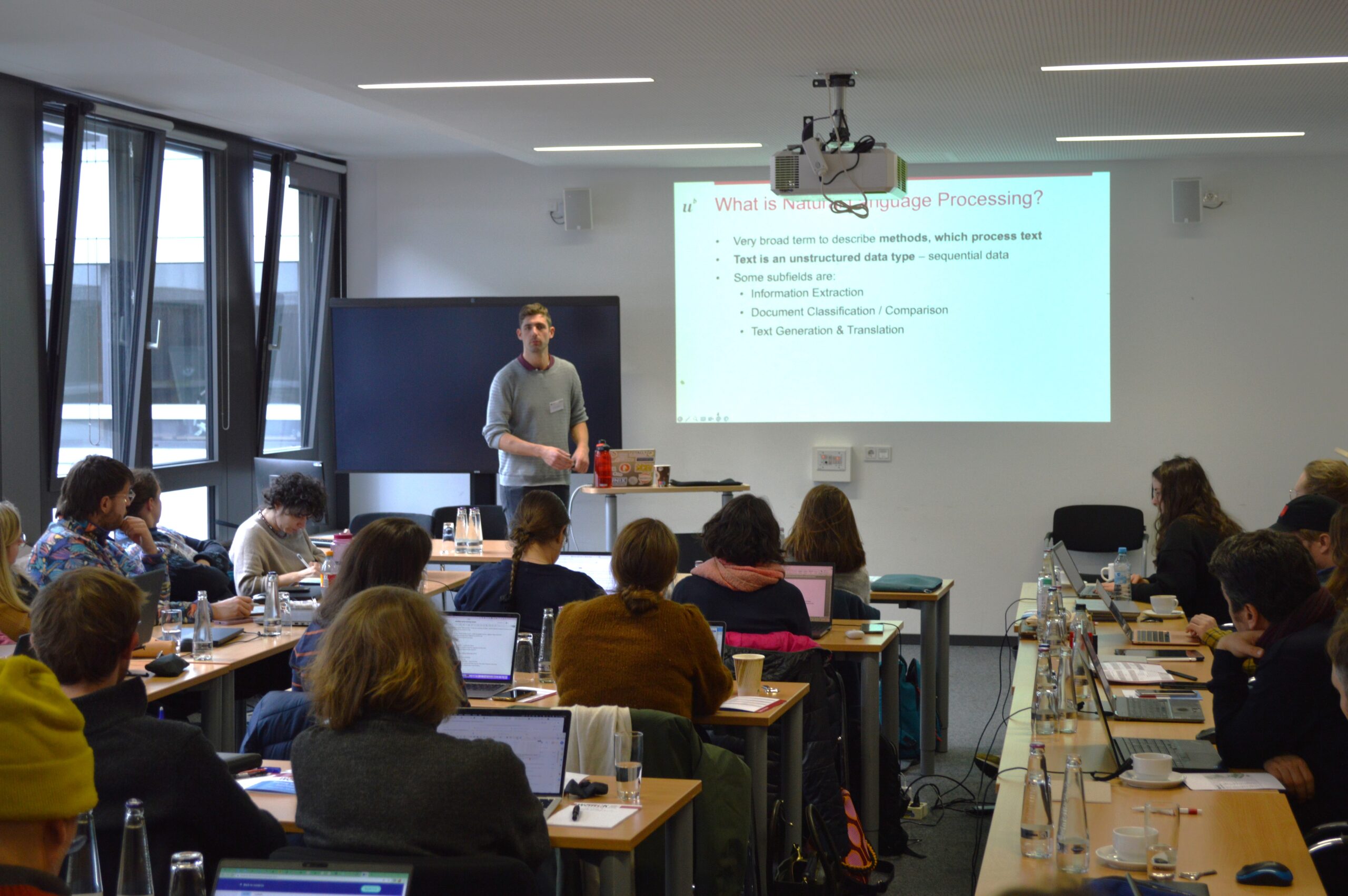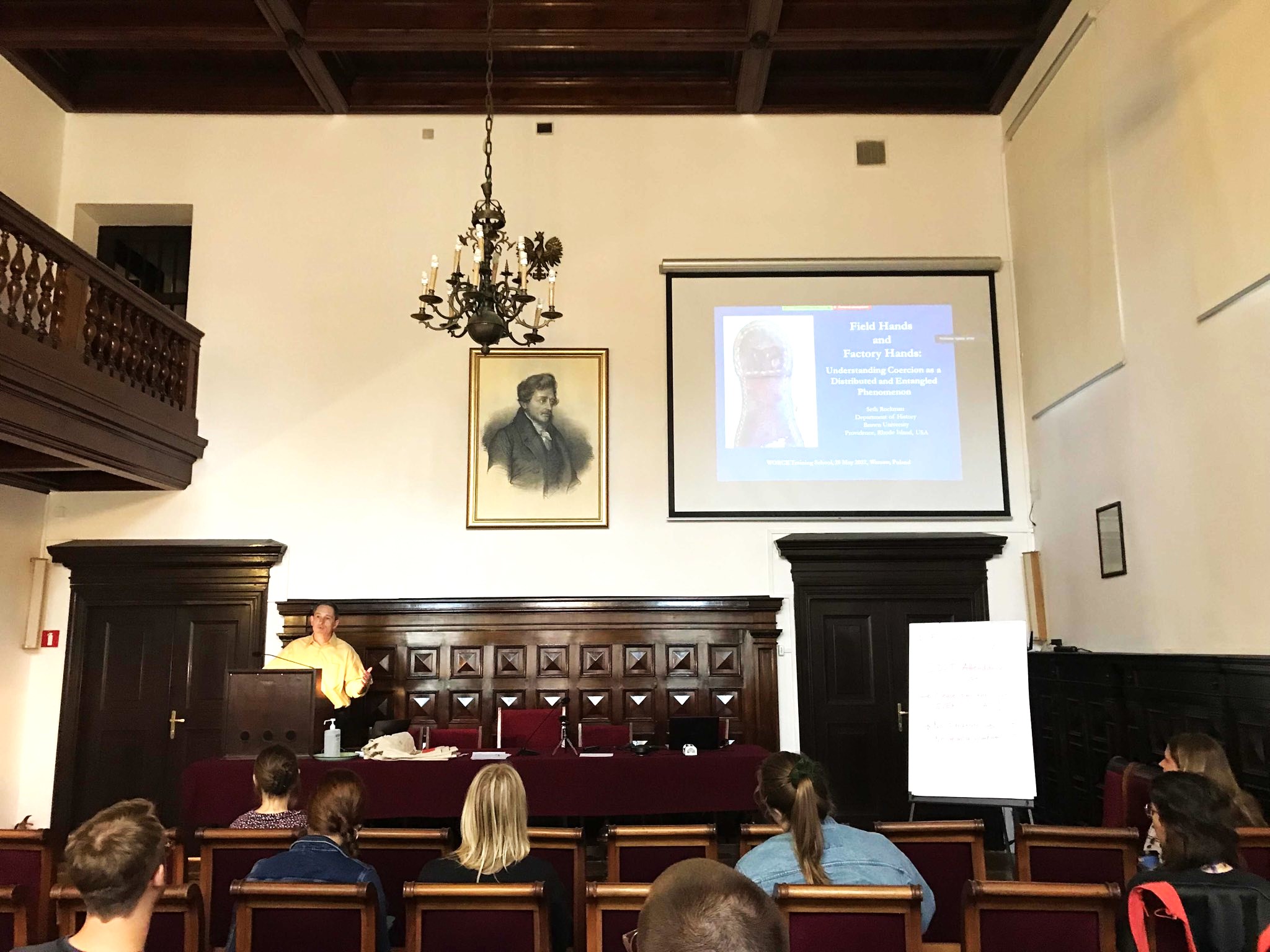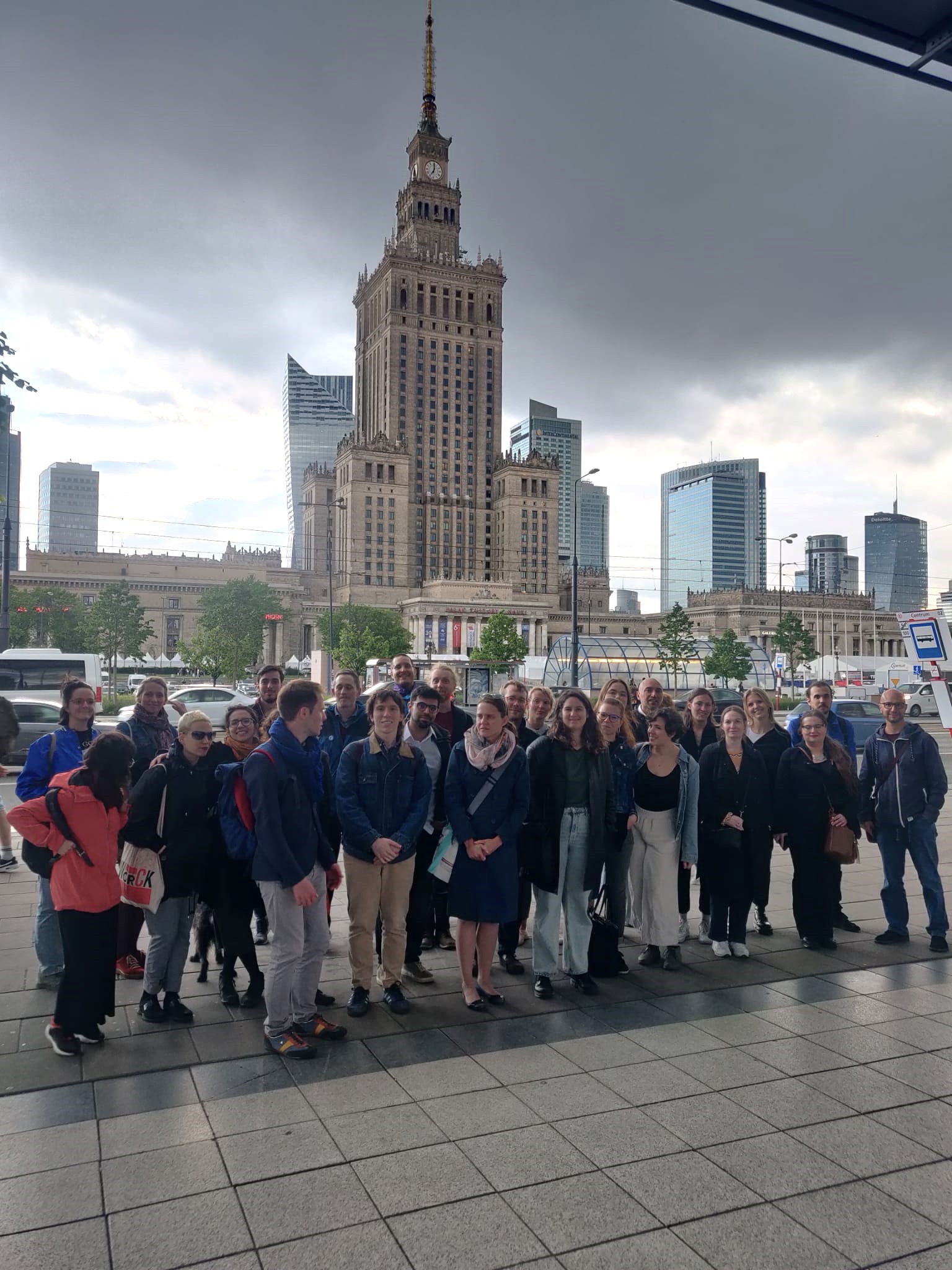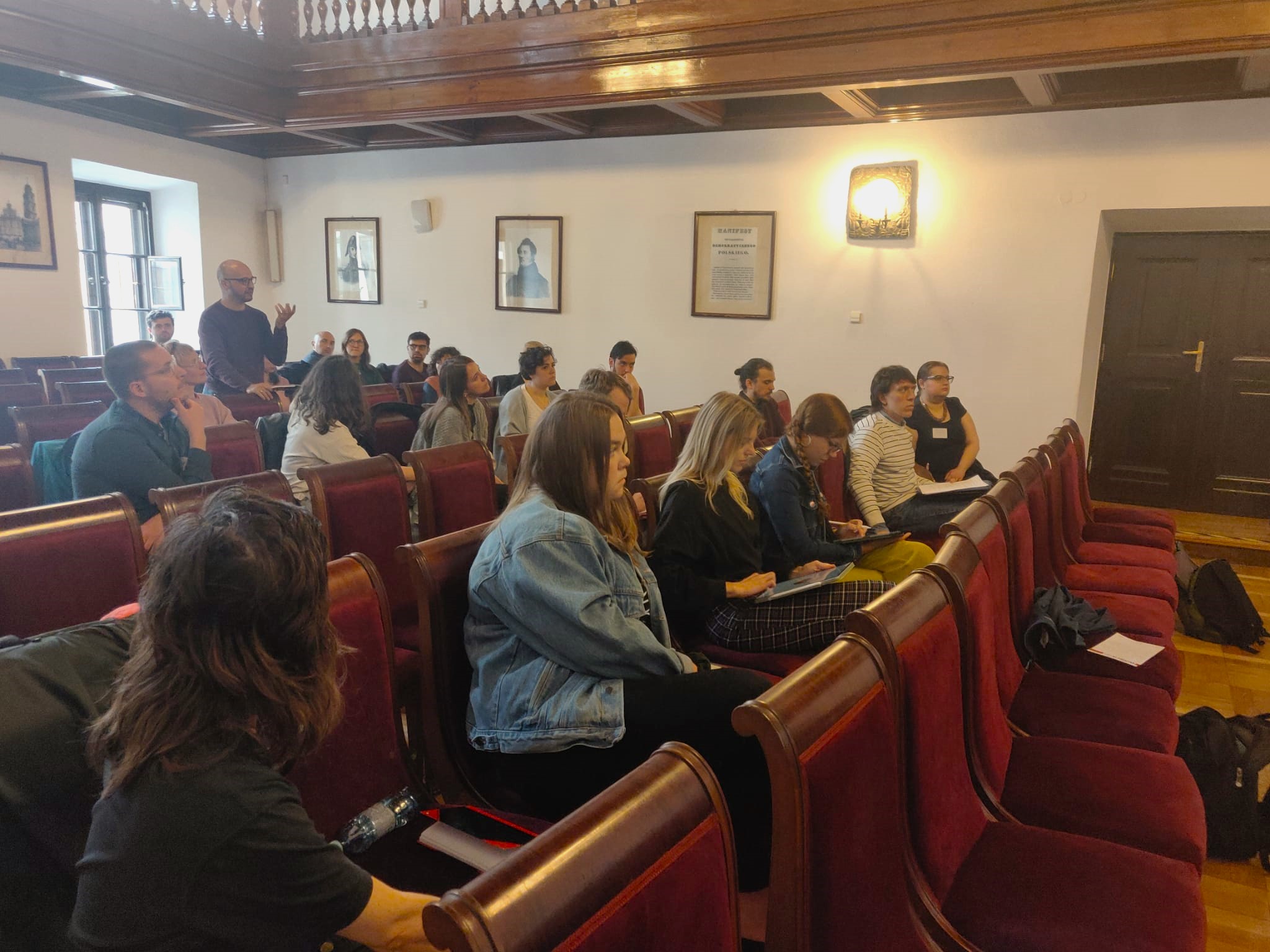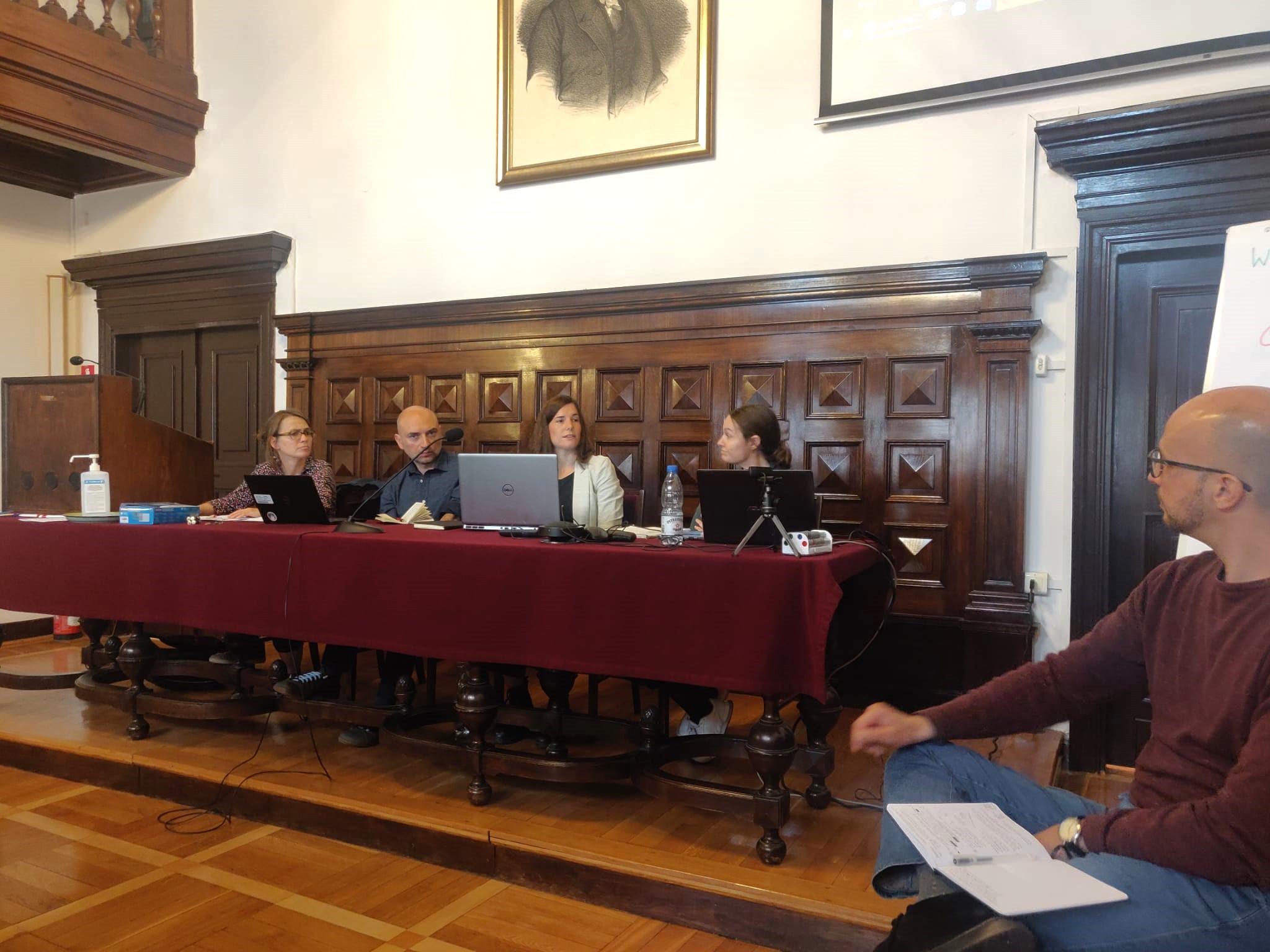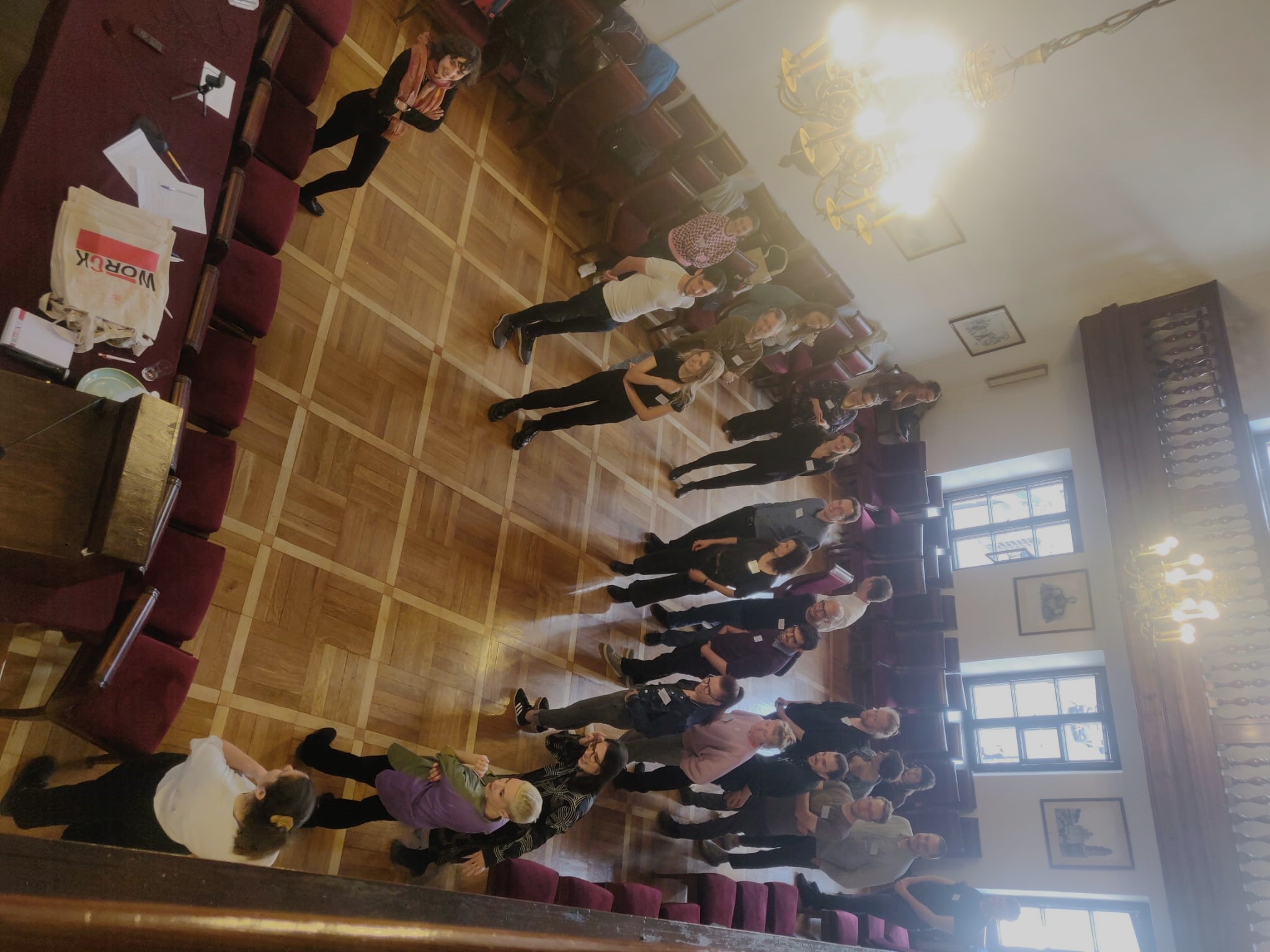WORCK Training Schools
Training School Coordinator: Jakub Štofaník
Contact: teresa.petrik@univie.ac.at
WORCK Training School 2: Programming Labour History. Digital Methods for Social and Labour Historians.
12-15 February 2024: Bielefeld, Germany
Host: Silke Schwandt
Since 2019, the COST Action “Worlds of Related Coercions in Work (WORCK)” (CA18205) has been bringing together scholars from all over Europe and beyond scholars working on labour and coercion in different periods and regions to reconceptualise Labour History. A key aspect of our network’s discussions revolves around how to utilise digital humanities methods both as a toolkit and as a means of facilitating international collaboration. Stemming from these discussions, WORCK organised Training School in computational history, hosted by the University of Bielefeld CRC 1288 “Practices of Comparing”, (https://www.uni-bielefeld.de/sfb/sfb1288/) from February 12 to February 15, 2024.
The Training School offered an in-depth introduction to digital methods, training in digital tools, as well as discussions about historical data and the opportunities offered by computational history for the study of social and labour history. The programme included lectures, roundtables, “under the hood” presentations of how current research projects in the fields of social and labour history are incorporating digital methods, insights into ongoing initiatives by WORCK members, and “hands-on” sessions with specific software and languages (Python/R). Besides providing concrete training, the WORCK Training School was designed to contribute to the demystification of digital humanities, to help increase digital knowledge and autonomy, and to address the various challenges related to the implementation of digital methods in social history.
WORCK Training School 1: Rewriting Labour History. Perspectives from the Globe
23-27 May 2022: Warsaw, Poland
Host: Natalia Jarska
The WORCK Training School took place in Warsaw in May 2022 and brought together 25 MA and PhD students from all over Europe. The program included lectures from international scholars, roundtables, and seminars from WG representatives, focusing on on the theoretical and methodological issues as well as on the implementation of digital methods in the research. Most importantly, on Thursday and Friday each student presented a piece of their own research in a panel, discussed it with their peers and received comments and feedback from senior researchers. Moreover, the programme was complemented by a public lecture on “The Underground Archive of the Warsaw Ghetto”, as well a city tour.
You can find the programme for the Training School here: WORCK Training School Programme
